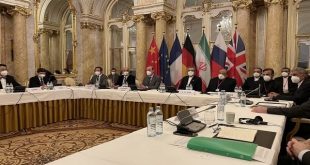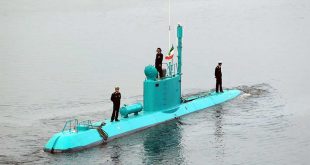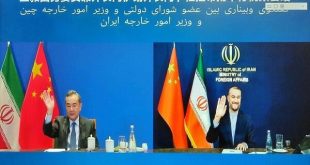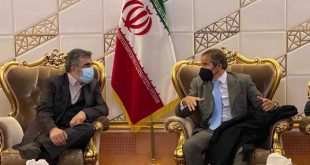Senior British army officers have blocked an investigation into the killing and mistreatment of Iraqi prisoners during the Iraq occupation, a public inquiry has found.
Al-Sweady Inquiry into the incidents heard on Monday that senior British army officers have been making efforts to block a military police investigation into the killing of 20 unarmed Iraqi civilians and abusing nine others detained in the Battle of Danny Boy north of the Iraqi city of Basra in 2004.
Military police special investigations officer Lucy Bowen told the inquiry she has been stopped by commanders of 1 Battalion Princess of Wales Royal Regiment (1PWRR) from questioning soldiers after the notorious battle.
The inquiry counsel, Jonathan Acton Davis QC, asked Bowen if “the door was slammed” in her face. Bowen replied: “Yes … they would not allow us to investigate.”
“They blocked your investigation?” said Acton Davis. “Yes,” Bowen replied.
Moreover, responding to an official UK Ministry of Defense (MoD) document in which commanding officer of 1PWRR Lieutenant Colonel Matthew Maer said he and fellow officers themselves asked the military police to investigate the allegations, Bowen told the inquiry that that was “absolutely untrue.”
The MoD was forced to authorize the al-Sweady Inquiry, named after a 19-year-old victim, following a High Court ruling that the ministry seriously breached its obligations under the Human Rights Act to investigate the matter while hiding evidence that could lead to the convictions of UK troops linked with the killing and maltreatment.
UK forces participated in the US-led invasion of Iraq in a blatant violation of international law in 2003 under the pretext that the regime of former Iraqi dictator Saddam Hussein possessed weapons of mass destruction. No such weapons were ever discovered in Iraq.
Source: Press TV
 WILAYAH NEWS VOICE OF THE GLOBAL AWAKENING
WILAYAH NEWS VOICE OF THE GLOBAL AWAKENING






